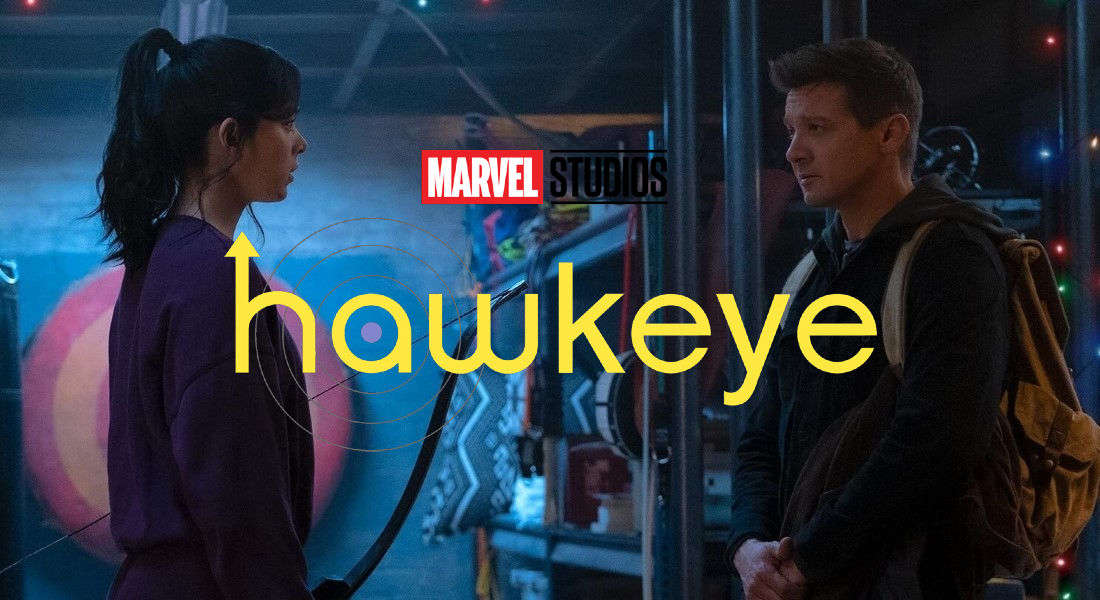The health crisis that has affected the whole world for almost a year has had a significant impact on the field of entertainment. Passing on the details of the health measures decided by the government, this crisis has greatly disrupted TV series.
Covid 19 and French series
For French series that are broadcast daily on television, filming was interrupted at the time of the first confinement. The broadcasts followed suit. Each channel or production has defined the cessation of broadcasts. For Tomorrow belongs to us, broadcast on TF1, the broadcast was interrupted at the end of a plot. For fans, it also means the beginning of a new one. The broadcast was interrupted from March 19 to June 15, almost 3 months. Knowing that it was a "real" lockdown, viewers largely expressed their disappointment. But DNA did not suffer a second stop with the October lockdown, to the delight of its 3.5 million faithful.
The Coronavirus and American series
For US series, the end of filming has shortened all the end of seasons. For established and successful series like Grey's Anatomy, season 16 ended with episode 21 (instead of 24) in which several revelations were staged. However, they were not upsetting enough for the end of the season. But confinement obliges, production had no choice. Small anecdote, being a hospital series, Shonda Rhimes the producer donated protective equipment, including masks that were out of stock in hospitals.
Other series have aired their final season promising fans a less abrupt end for September. We are still waiting for the promised epilogue episodes of Empire since September…
What's next for TV series?
Since then? While some series choose to completely ignore the new life of 2020 with the wearing of masks and barrier gestures (Tomorrow belongs to us), others pay tribute to healthcare workers (The good doctor, season 4 episodes 1 and 2). A handful of producers decide to make new catches by adding physical distancing, the fortnight after a negative test to be with family, or the wearing of masks in enclosed spaces (This is us, season 5).
It is obvious that filming takes place with respect for everyone's safety, but some may find it frustrating to see characters living every day or week without the constraints we have known since the confinement of March 2020.
Is it really difficult to adapt the scenes so that the audience feels less distant?
Is it a deliberate choice to make viewers forget the crisis for a 30 to 40-minute break?
Everyone lives the crisis with his sensitivity, so each viewer more or less appreciates the upheavals of everyday life present or not in the series.
For those who are curious about staging life during confinement, programs have emerged on streaming platforms such as Connected on Prime Video or Social Distance on Netflix. In the form of reports or comedy, as desired.
Which do you prefer?








































